In the aftermath of the 2014-2015 refugee crisis, the European Union tried to improve its approach to managing migration and addressing the complex issue. These changes reflect the ongoing efforts to more effectively handle migration flows, strengthen border security and tackle the root causes of migration. However, the recent Russian invasion of Ukraine has added an additional layer of complexity to the situation, highlighting the crucial role played by Poland, my country, in addressing the refugee issue within the bloc.
As a central European nation situated at the crossroads of migration routes, Poland is directly affected by the challenges posed by irregular migration. Its strategic geographical location places it at the forefront of migration movements, making it a vital participant in the collective efforts to manage the situation. Poland’s unwavering commitment to upholding European values, such as solidarity, humanitarianism and respect for human rights, further underscores its significance as a key partner in dealing with the crisis.
First and foremost, addressing the EU migration crisis is a matter of humanitarian concern. Countless individuals have been forced to flee their homes due to conflict, persecution, poverty and other dire circumstances. As a union founded on the principles of human rights, compassion and solidarity, it is the moral duty of EU member states to provide protection and assistance to those in need.
Poland, in this context, has proactively engaged in shaping EU migration policies to ensure a comprehensive and balanced approach. It has actively contributed to strengthening the bloc’s external borders, advocating for effective border control measures and promoting cooperation with countries of origin and transit to tackle the root causes of migration. By actively participating in these initiatives, it has demonstrated its dedication to addressing the challenges in a holistic manner.
The country has provided support to initiatives aimed at improving the asylum system, including the establishment of relocation programs. These programs are designed to distribute the responsibility of hosting refugees more evenly among member states. It actively showcases its willingness to share the burden and provide assistance to those in need, reflecting the nation’s commitment to human rights and humanitarian principles.
Smooth transition of refugees
In tackling the refugee crisis, it is crucial to approach the issue with empathy and compassion, recognizing the immense human suffering involved and the urgent need to find sustainable solutions. Poland’s role in managing the refugee situation within the EU deserves recognition, as it continues to contribute to the development of comprehensive that prioritize the well-being and protection of refugees while upholding the values that define the bloc.
Poland is also committed to fostering integration and social cohesion among refugees who have arrived in the country. Recognizing the importance of successful integration, Poland has implemented a range of initiatives to support refugees in becoming part of Polish society. These initiatives include language and vocational training programs, access to education and health care, and support for cultural and religious diversity. By prioritizing integration, Poland not only facilitates the smooth transition of refugees into their new lives but also contributes to the overall stability and harmony of the communities they settle in.
Poland’s commitment to addressing the refugee crisis extends beyond its borders. The country actively participates in international forums and engages in diplomatic efforts to find comprehensive solutions to the root causes of migration. The country recognizes the importance of long-term planning and sustainable solutions in managing the refugee crisis. The country invests in research and data analysis to gain a deeper understanding of migration trends, the needs of refugees, and the impact of policies and programs. This evidence-based approach enables Poland to make informed decisions, adapt its strategies and develop innovative solutions to effectively address the evolving challenges.
Civil organizations’ role crucial
Civil society organizations and local communities play a crucial role in supporting and assisting refugees. These groups tirelessly provide humanitarian aid, legal assistance and psychosocial support. It reflects the understanding that addressing the refugee crisis requires a multistakeholder approach involving various actors.
However, the EU migration crisis is not confined to the borders of the bloc alone. It is a global challenge that requires regional and international cooperation. By taking a proactive role in addressing the crisis, the international community can set an example for all countries to follow. Through partnerships with countries of origin and transit, Poland among EU states has worked toward comprehensive solutions that address the root causes of migration, promote development and foster stability. By leading by example, the country encourages global cooperation and collective responsibility in managing migration flows.

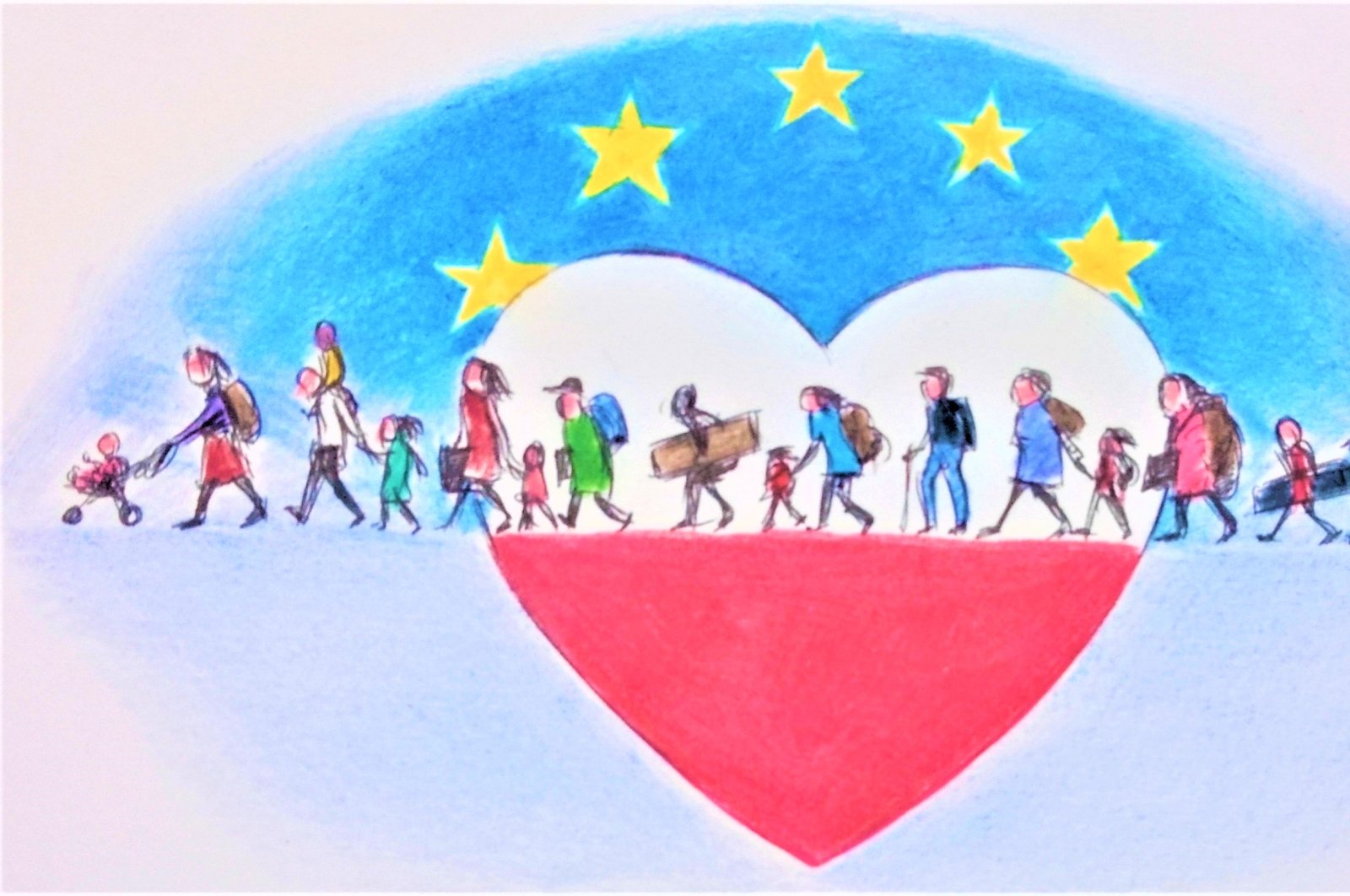


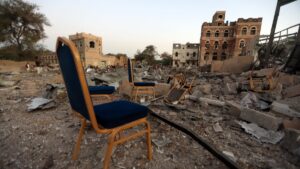
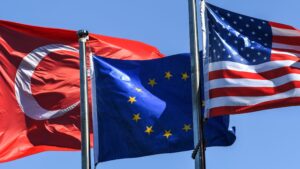
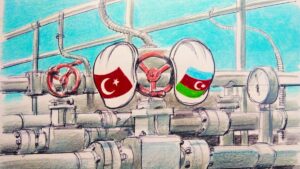





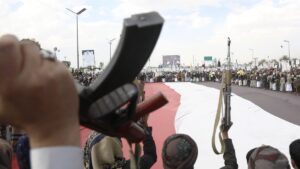

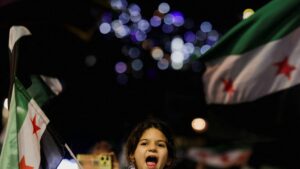




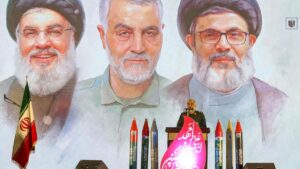

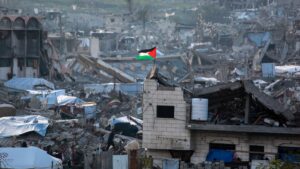
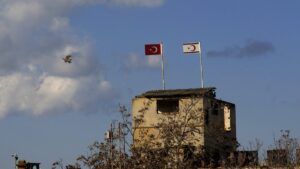





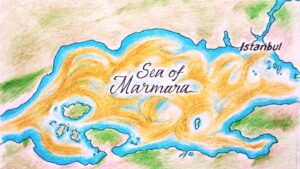
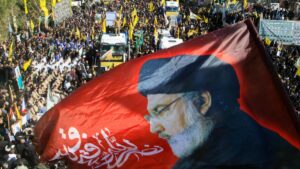

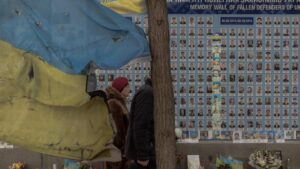




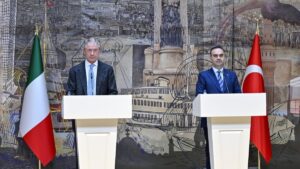


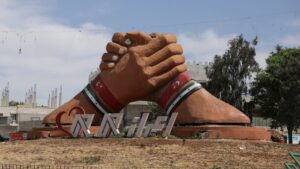

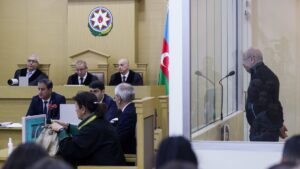

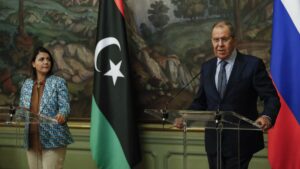
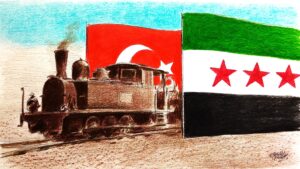




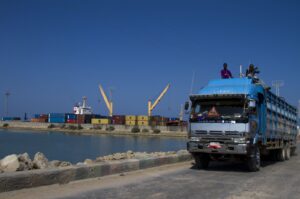


Be First to Comment